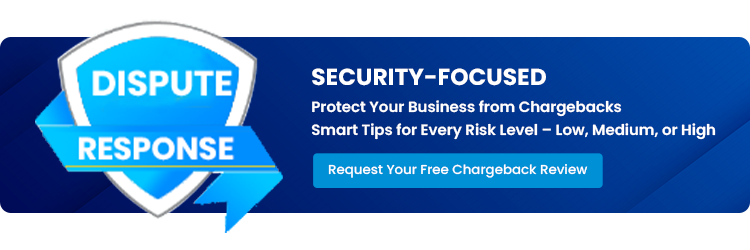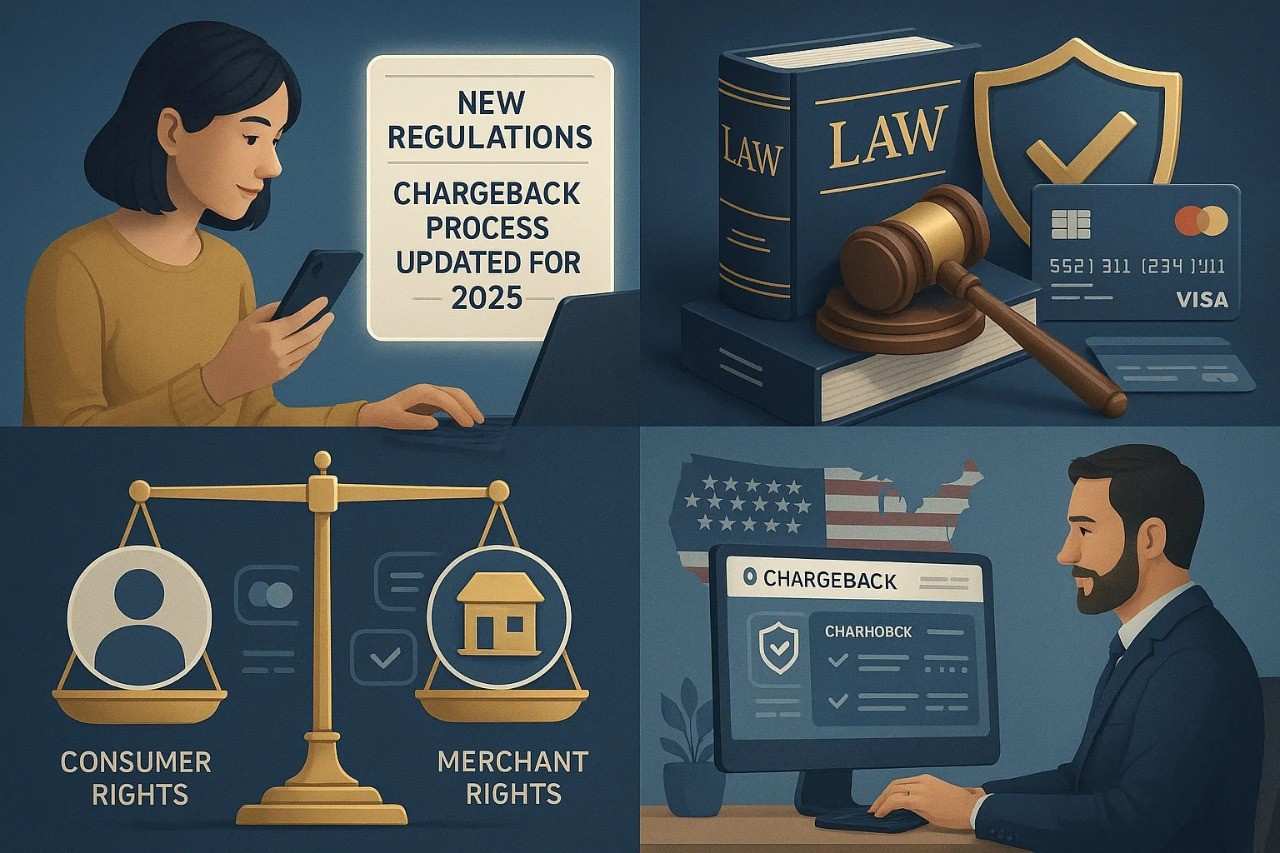Chargeback Management Services - Dispute Response Jul/ 20/ 2025 | 0
In the evolving landscape of online shopping, credit card chargeback laws are more critical than ever for U.S. businesses. As e-commerce continues to grow, so do the complexities surrounding chargeback disputes. In 2025, these laws are undergoing significant updates, and understanding their implications can help businesses protect their revenue and maintain good standing with card networks.
What Are Chargebacks and Why Do They Matter?
A chargeback occurs when a customer disputes a charge with their bank or credit card issuer, leading to a reversal of funds. While chargebacks are part of consumer protection, they can result in substantial losses for businesses, particularly those in high-risk industries. In 2025, the U.S. is seeing more stringent chargeback regulations that impact how businesses handle these disputes.
Key Changes in Chargeback Laws for 2025
- Stricter Dispute Resolution: With new regulations, the burden of proof has shifted more onto merchants to demonstrate that the charge was valid. This includes providing evidence of customer authorization and clear transaction records.
- Faster Processing: Chargebacks are now being processed quicker, and businesses must act swiftly to respond, or they risk losing the funds in dispute.
- Increased Penalties: Continued chargeback abuse could lead to higher fees, penalties, or even account termination for merchants.
How Do These Laws Affect U.S. Online Businesses?
The updated chargeback laws are reshaping the way businesses manage risk and disputes. Here’s how:
1. Impact on E-Commerce Transactions
- With the rise of online shopping, chargeback disputes are becoming more frequent. Merchants must ensure their payment processes are secure and that they have the necessary documentation to handle disputes effectively.
2. Enhanced Consumer Protection
- While these laws are beneficial for consumers, providing them with more protection, businesses need to adapt by tightening their fraud prevention measures.
3. Increasing Risk for High-Risk Industries
- Certain industries are at a higher risk of chargebacks, including travel, subscription services, and digital goods. These industries must stay ahead of evolving laws to avoid penalties and minimize disputes.
How Can U.S. Businesses Combat Chargebacks?
To manage the impact of chargebacks, businesses must implement proactive strategies such as:
- Enhancing Payment Security: Using 3D Secure and other authentication methods can help prevent fraudulent transactions.
- Clear Communication: Transparent refund policies and customer service can reduce the likelihood of chargebacks.
- Monitoring and Reporting: Regular tracking of chargeback metrics and maintaining records to dispute any unjust claims.

Email us anytime!
Email customer service 24/7

Call us anytime!
Reach customer care 24/7 at +1 (888) 927-5152
Conclusion
In 2025, chargeback laws are becoming increasingly stringent, and U.S. businesses must adapt to protect their bottom line. By understanding the evolving regulations and implementing effective chargeback management strategies, online merchants can navigate this complex environment and safeguard their revenue.


